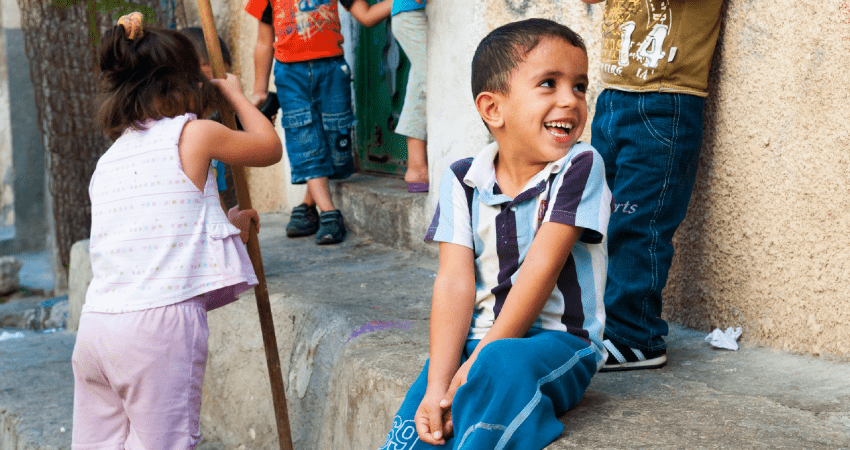El Salvador and Belize share experiences in protecting migrant children and adolescents

On September 18, IOM facilitated a virtual meeting to exchange experiences on mechanisms for the protection of migrant children and adolescents between Belize and El Salvador. Representatives from both countries participated in the meeting to identify coordination points for the identification, protection and assistance of migrant children and adolescents.
Representatives of multiple government institutions attended the session. Among them, for El Salvador, the National Council for Children and Adolescents, the Salvadoran Institute for the Integral Development of Children and Adolescents, and the Attorney General's Office. For Belize, the Department of Migration and Foreign Services, the Department of Human Services of the Ministry of Human Development, Social Transformation and Poverty Alleviation, and the Council for the Fight against Human Trafficking (A-TIPS) and the Ministry of Human Development, stood out. In addition, the consular representations of both countries were present.
Some of the themes developed in this virtual meeting were the migratory trends of children and adolescents in recent years, statistical data on cases attended, legal frameworks for the protection of migrant children and adolescents, good practices between both countries, as well as challenges posed by this migratory dynamic. In addition, the regional actions on the protection of children and adolescents that have been developed at the Regional Conference on Migration (RCM) and other instances were presented.
"Children in migratory contexts face a greater degree of vulnerability," explained Juliana Sanchez, IOM’s technical specialist, "so it is vital to have effective mechanisms and procedures for reception and care for the comprehensive protection of the human rights of children and adolescents in situations of mobility. “
To this end, agreements were reached for future collaboration between the two countries. These include the creation of a directory and greater support between embassies, intercultural training for social work professionals in both countries, and the establishment of a bi-national round table on childcare processes.
These activities are carried out within the framework of the Western Hemisphere Program, funded by the U.S. Department of State Bureau of Population, Refugees and Migration.
